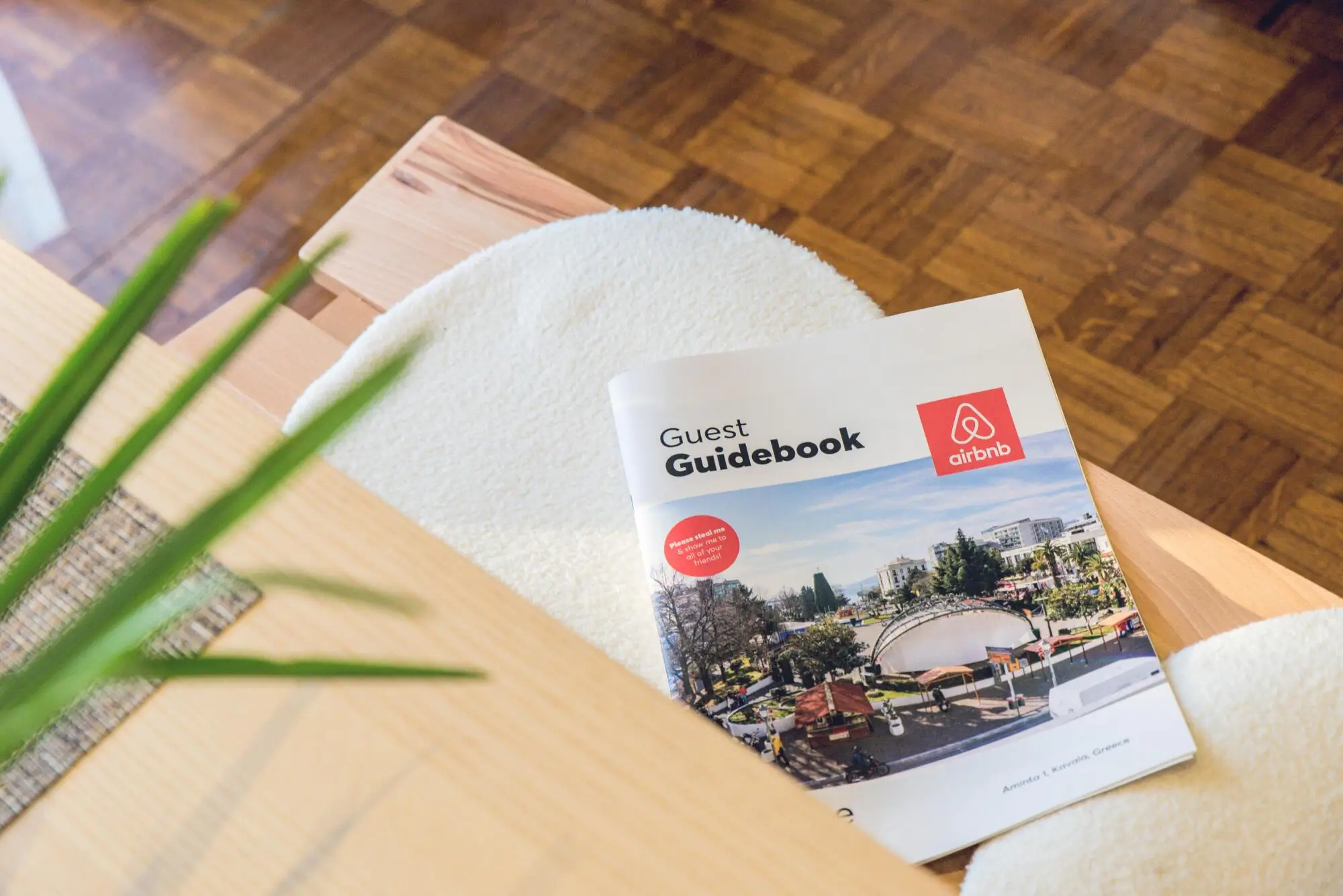Vacation rentals are booming. Platforms like Airbnb and Vrbo have transformed how people travel, giving property owners incredible opportunities to generate income from their homes. But here's the deal--whether you're hosting or renting, success comes down to one thing: clarity. Clear vacation rental rules and guidelines ensure smoother stays, fewer headaches, and happier guests.
When you build trust through transparent policies, both owners and guests win. Let's break down how smart vacation home management can create a frictionless rental experience while protecting your property and reputation.
1. Start With Clear Rental Agreement Guidelines
Every short-term rental needs a solid rental agreement. Think of this as your safety net-it sets expectations and protects everyone involved.
Your agreement should include:
- Check-in and check-out times: Be explicit to avoid late departures or early arrivals
- Payment terms and cancellation policies: Outline when and how payments are made, plus any refund rules
- Guest limits and rules for visitors: Prevent surprises like an unexpected party of 20 people
2. Follow Vacation Rental Regulations
Every city, town, or HOA has unique vacation rental regulations, and ignoring them can get you in trouble. From zoning laws to tax requirements, compliance is key. In some areas, you may even need a permit to rent out your property.
Common regulations include:
- Limits on the number of rental days per year.
- Occupancy caps (e.g., two guests per bedroom).
- Parking restrictions, especially in residential neighborhoods.
3. Define House Rules Clearly
A good set of guest house rules is like a GPS for renters-it tells them how to navigate their stay. The more specific you are, the fewer problems you'll face.
Essential house rules might include:
- Noise policies: No loud music after 10 p.m.
- Smoking restrictions: Prohibit smoking indoors or near certain areas
- Pet policies: Outline where pets are allowed and any additional fees
- Manage shared spaces: If there's a pool, explain safety rules and usage hours
4. Address Property-Specific Needs
Every home is unique, and so are its quirks. Include vacation rental rules and guidelines tailored to your property to avoid mishaps.
For example:
- Climate-specific advice: In Florida, encourage guests to keep doors closed to prevent air conditioning overload
- Safety tips: Point out any uneven steps or areas where caution is needed
- Appliance instructions: Not all guests know how to use high-tech ovens or smart TVs, so provide clear instructions
5. Include Emergency Information
Emergencies happen, so it's crucial to provide contact numbers and protocols. Include:
- Emergency contacts: Local fire, police, and hospital numbers
- Maintenance contacts: Who to call if there's a plumbing issue or the A/C stops working
- Evacuation plans: Particularly important in areas like Florida, where hurricanes are a risk
Partner With Experts in Vacation Home Management
Managing a vacation rental doesn't have to be overwhelming. By setting clear guest house rules, adhering to vacation rental rules and guidelines, and focusing on proactive management, you can create a smooth, enjoyable experience for everyone.
If you're ready to elevate your rental business, contact PMI Cozy Homes today. With our expertise in short-term property management, we'll help you secure your property, streamline operations, and maximize your rental income. Let PMI Cozy Homes turn your vacation rental into a stress-free success story!


